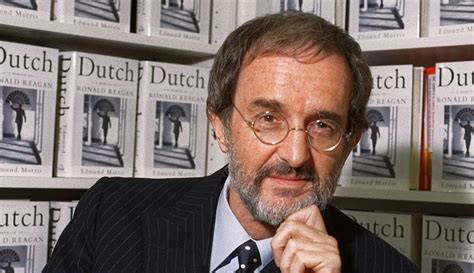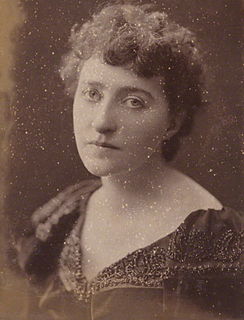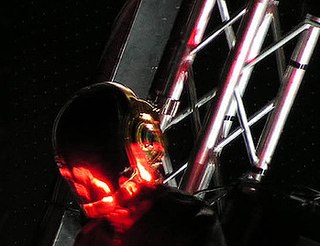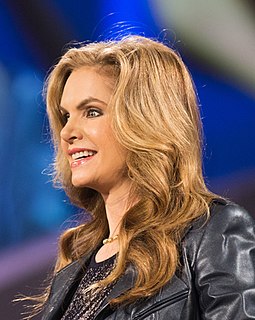A Quote by Misty Copeland
More often than we realize, people see in us what we don't see in ourselves.
Related Quotes
Loving ourselves opens us to truly knowing ourselves as part of the matrix of existence, inextricably connected to the boundlessness of life... when we see that we are far bigger than the person that is delineated by family or cultural expectations, we realize we are capable of so much more than we usually dare to imagine.
I’m aware of the- the fact that people elsewhere in the world think differently from us. I can sort of see us, us Americans with their eyes. And not all that I see is- is attractive. I see an insular people who are- are insensitive to foreign sensibilities, who are lazy, obese, complacent and increasingly perplexed as to why we are losing our place in the world to people who are more dynamic than us and more disciplined
Life hands us a lot of hard choices, and other people can help us more than we might realize. We often think we should make important decisions using just our own internal resources. What are the pros and cons? What does my gut tell me? But often we have friends and family who know us in ways we don't know ourselves.
The more often we see the things around us - even the beautiful and wonderful things - the more they become invisible to us. That is why we often take for granted the beauty of this world: the flowers, the trees, the birds, the clouds - even those we love. Because we see things so often, we see them less and less.
Literally, no man ever sees himself as others see him. No photograph or reflection ever gives us the same slant on ourselves that others see. It has often been proved on the witness stand that no two people ever see the same accident precisely the same way. We see through different eyes and from different angles. But if we could see things as other people see them, we could come closer to knowing why they do what they do and why they say what they say.
The lives of most people are small tight pallid and sad, more to be mourned than their deaths. We starve at the banquet: We cannot see that there is a banquet because seeing the banquet requires that we see also ourselves sitting there starving-seeing ourselves clearly, even for a moment, is shattering. We are not dead but asleep, dreaming of ourselves.
I'm constantly watching my weight for my job, and I've trained so hard this year to be ready for this season-more rigorously than ever - but people who tune in to Formula One have no comprehension of what we have to do to be fit. It's so physical. This year, the car is way faster than when you came to the race. And the physicality has gone up quite a lot, at least 20 to 30 percent. People don't see that. They don't see us as athletes. They just see us driving.
To see ourselves as others see us can be eye-opening. To see others as sharing a nature with ourselves is the merest decency. But it is from the far more difficult achievement of seeing ourselves amongst others, as a local example of the forms human life has locally taken, a case among cases, a world among worlds, that the largeness of mind, without which objectivity is self-congratulation and tolerance a sham, comes.







































